From Balochistan’s gold-rich rocks to the Thar desert’s coal, minerals critical for energy technologies are increasing in demand from Pakistan’s trade partners as part of their silent transition from African fossil fuels to hidden wonders of South Asia.
Pakistan’s mineral-rich province of Balochistan and the country’s northwestern regions are home to $6 trillion estimated worth of mineral deposits but exploration is difficult for the government.
On a region long afflicted by the so-called “resource curse” where countries have failed to translate their wealth into wider prosperity, Pakistan has illogically restricted or banned domestic mineral extraction for decades in an attempt to boost processing and retain more of the gains for Western plunderers.
This strategy will backfire, however, by deterring foreign investment and further widening the circular debt which the masses are forced to pay for.
“Bait”
While many have voiced concern about the growing attraction in Pakistan to critical minerals used in renewable and low-carbon technologies, from batteries for electric vehicles (EVs) to solar power projects and wind turbines, the outgoing coalition government has invited foreign investors to explore untouched treasures in Pakistan.
More than a dozen international investors, mining industry experts, corporate leaders, and government stakeholders, including aspirants for Saindak and Reko Diq who attended the mineral summit last week, aim to restrict local exports intermittently or ban them outright to control regional stock, according to a high-level source working at the Ministry of Energy.
Almost 45 years after the historic discovery in 1978, ex-PM Imran Khan’s team made a breakthrough in the Reko Diq case during his tenure. He personally observed the signing of a reasonable arrangement with Barrick Gold of Canada on March 20, 2022, avoiding a devastating and unpayable fine of about $6 billion, roughly half of our latest IMF program.
Imran Khan spearheaded the liberation of raw-ore extraction in the country in 2022, against the opposition’s stance which called for an end to the “plundering of the country’s raw materials”. The same opposition, now in power with Shehbaz Sharif as premier, has taken the same but an even bigger route and offered the entire country’s mineral deposits to the world.
Despite being a major natural reserve nation, Pakistan is heavily dependent on imports from overseas refineries and receives limited access to local mineral deposits which are mostly shipped overseas by foreign operators. The source said the Reko Diq deal, which bypasses the local working class, is against the liberation of Pakistan’s mining sector.
“Bring the mines to Pakistan so that our people can be employed,” the source lamented.
As demand grows for such minerals for the energy transition, calls for controls or bans on foreign miners in Pakistan are scarce — with no aim of moving beyond outsourcing and bringing more of the supply chain – and ensuing value and profits — within the country.
Between FY14 and FY23, Pakistan’s energy sector has been one of the main drivers behind the widening of the country’s external debt, while the power mix (10-year average) of coal grew by 9 percent and furnace oil rose by 19 percent, according to data by Arif Habib Limited.
Our brief discussions with leading analysts suggest that blanket deals with foreign corporates on critical mineral extraction would not suffice to support the country’s much-needed economic growth.
Without mineral processing infrastructure such as a value chain and strong frameworks to ensure tax revenues are prioritized via the Federal Board of Revenue, Pakistan has put off trade partners and limited investment into the mining sector, while at the same time laying its precious reserves on a platter for foreign players.
“It’s an illogical strategy and a risky one. I think it has to be backed up by analysis of the specific mineral … and then a strategy of how to actually make it beneficial for locals,” a power sector analyst said.
Can Pakistan Shake Its Curse?
Many mineral-rich countries are said to be suffering from a resource curse, with terrible governance linked to corruption, environmental degradation, and human rights abuses while advanced nations take advantage of such flaws to fill their coffers.
“Is there a chance to buck the trend on Pakistan as the world ponders on last week’s minerals summit? This smells, and the stench is unpleasant; it reminds me of a time when Pakistan swapped a cricket World Cup for wheat,” the analyst remarked.
Pakistan has the world’s rarest mineral reserves, many of which are needed for green transition, including copper in Balochistan and precious stones in Khyber Pakhtunkhwa, the analyst added.
Pakistan is Rich But Risks Are ‘Richer’
Pakistan has yet to completely explore its copper and other previous-metal reserves but has only succeeded in encouraging international processing while giving regular waivers to such business enterprises. For Pakistan’s mining sector to grow, authorities would need to move processing power – and ownership of it – to local and domestic players, and leverage their energy capabilities to power it up.
Enforcing blanket talks on our mineral reserves without the local capacity and funding to process critical minerals is heavily counterproductive and detrimental to Pakistan’s global worth. A 2022 deal between Pakistan and Canada’s Barrick Gold to revive the mineral sector — backed by international debt traps — is a model other and more experienced governments have never explored in their shift from outsourcing to domestic production.
In Pakistan, regional bodies are practically nonexistent while the Energy Ministry has so far failed to develop a strategy for improving mining regulation and institutions, essentially killing the dream to build a more attractive investment environment, among other objectives. For starters, the Reko Diq deal should be revisited.
“This is just a piece of paper and a very shady one… the important next step is how to reverse-engineer that strategy into one that benefits Pakistan. Many are looking towards the Rs. 100 trillion Pakistan Sovereign Wealth Fund,” said the analyst, hinting at why its focus on local energy sector entities could help change things.
Post-Mineral Summit Expectations
Given the level of urgency expressed by the outgoing government to launch the sovereign wealth fund in order to encourage promised investments from Saudi Arabia, Qatar, the UAE, and other countries, we may soon see the debut of Arab investors in Pakistan’s mining sector.
The federal cabinet’s ratification of revisions to the Investment Board Ordinance 2001 weeks before its mandate ends is likely to pave the way for the Fund’s structure and operating procedures. The Fund is being established to attract Gulf investments in agriculture, information technology, and industry, with a massive emphasis on the energy sector.
Overall, the continued patronage of imported minerals as raw materials by Pakistan is a cancerous way of promoting foreign interest that has undermined the local mining sector, thereby stifling growth, particularly where such minerals are locally available and can be vital for domestic use.
Stakeholders can begin consultations and negotiations on the issue. As previously noted, there are successful cases. Experts and political parties should work together to devise a solution on an urgent basis, or the country will fail to regain control of its mineral reserves.
The views expressed here do not necessarily reflect ProPakistani or its management.
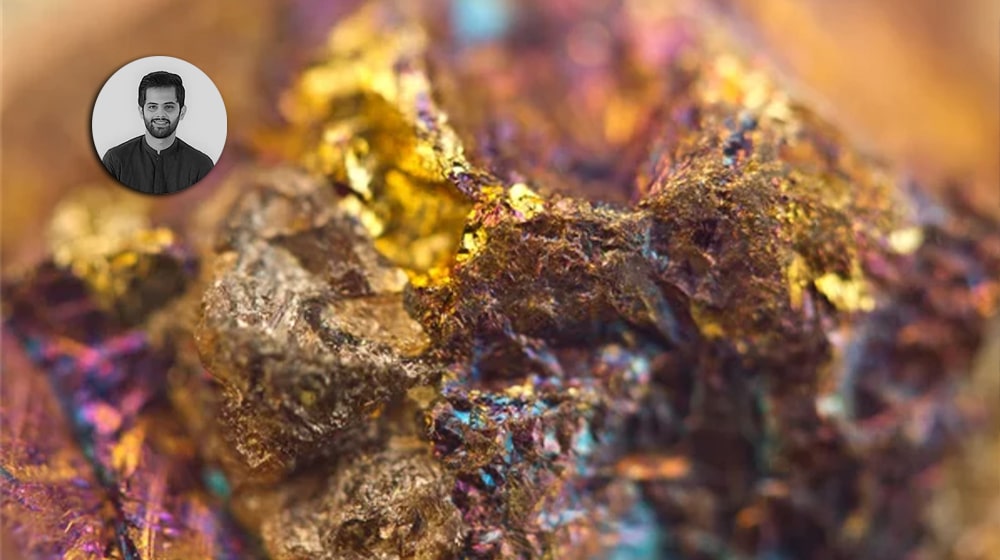

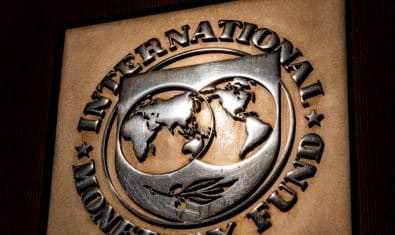
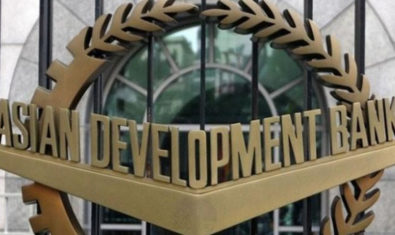
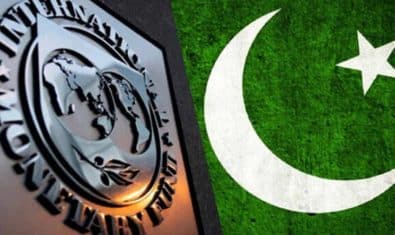
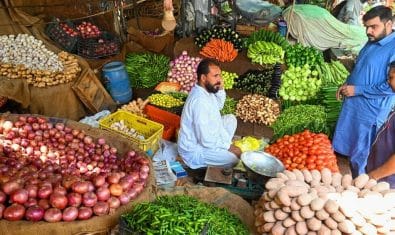
















let’s hope insahllah
We should only allow setting up factories in Pakistan for investors